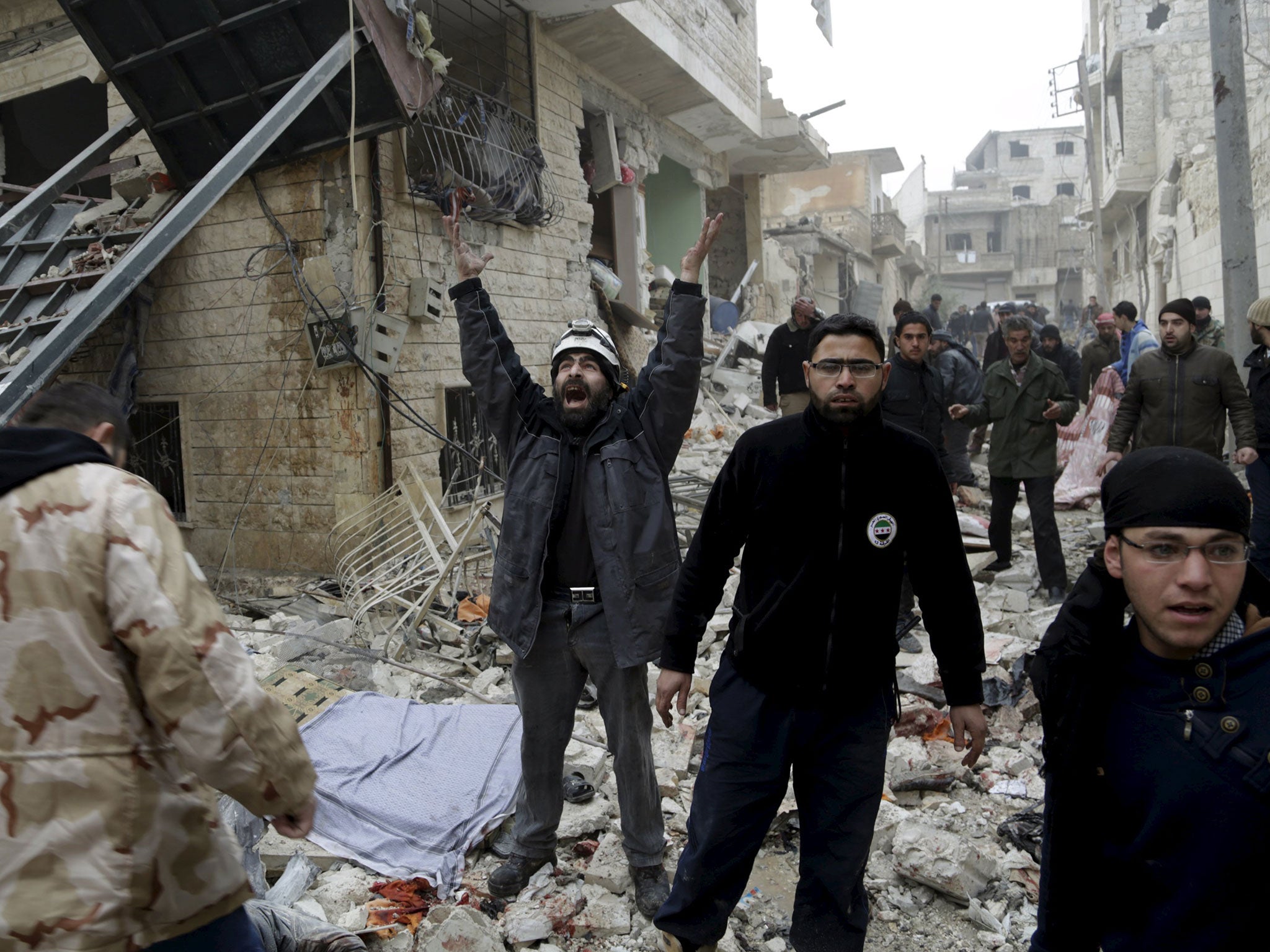Iran nuclear deal leaves Tehran looking stronger as so many of its neighbours fall apart
Analysis: Iran has escaped years of isolation and the threat of war without sustaining much damage

Iran is politically and economically stronger because of the agreement on its nuclear programme and the partial end of sanctions.
Israel and Saudi Arabia had argued in their different ways that such a deal would open the door to a radical expansion of Iranian influence in the Middle East. The late Saudi King Abdullah was notorious for calling on the US to go to war with Iran and “cut off the head of the snake”. Israeli Prime Minister Benjamin Netanyahu famously produced a cartoon drawing at the UN to show how close Iran was to producing a nuclear bomb.
If all this demonisation and threat inflation had been true then the agreement with Iran would mark a transformation of the politics of the Middle East. Iran would pause only to digest new oil revenues and an end to its pariah status before embarking on a policy of aggression across the region. In reality the political landscape is changed but not transformed by limited détente between the US and Iran while the inter-related wars and crises in Syria, Iraq and Yemen remain largely as they were.
A remarkable feature of the wider Middle East over the past 15 years has been that the most-radical instruments of change have been the US and its allies, such as Saudi Arabia and the Gulf monarchies, which should have had the greatest interest in maintaining the status quo.
Provoked by 9/11, a US-led coalition overthrew the Taliban in Afghanistan in 2001 and Saddam Hussein in Iraq in 2003. Iran was delighted to find that without it having to lift a finger the West had disposed of two of its worst enemies.
In 2011 the West, led by the US and Sunni states, saw the popular uprisings throughout the Arab world as a chance to get rid of regimes with whom they were at odds. The war in Syria was an opportunity to weaken Iran by eliminating its biggest ally in the Arab world, but instead the war, and likewise that in Yemen, may end up doing more damage to Iran’s rivals such as Saudi Arabia, Turkey and the Gulf monarchies.
There will presumably be less hostility between the US and Iran in future, but there is little sign of this making much difference to the wars in Syria and Yemen. Iran may be attending the Syrian peace talks in Vienna on 25 January, but there is limited expectation that the negotiations will succeed. The US is staying loyal to its allies such as Israel, Saudi Arabia and Turkey which are the bedrock of its power in the Middle East. Claims that President Barack Obama was dumping old alliances in favour of new ones were always exaggerated.
The most-striking feature of the present agreement is that Iran has escaped years of isolation and the threat of war without sustaining much damage. It also looks a stronger regional power because many of its neighbours are weakened by internal divisions or civil war.
Subscribe to Independent Premium to bookmark this article
Want to bookmark your favourite articles and stories to read or reference later? Start your Independent Premium subscription today.

Join our commenting forum
Join thought-provoking conversations, follow other Independent readers and see their replies